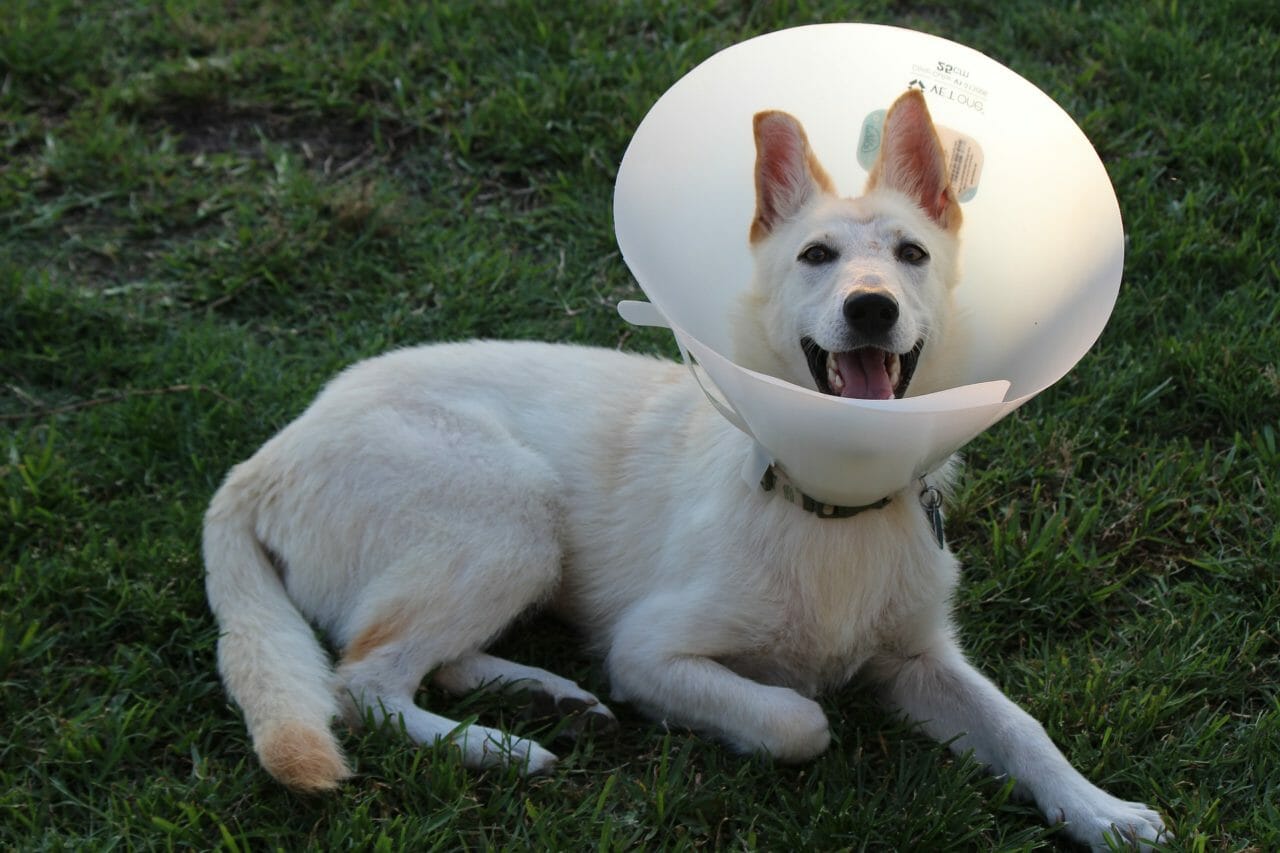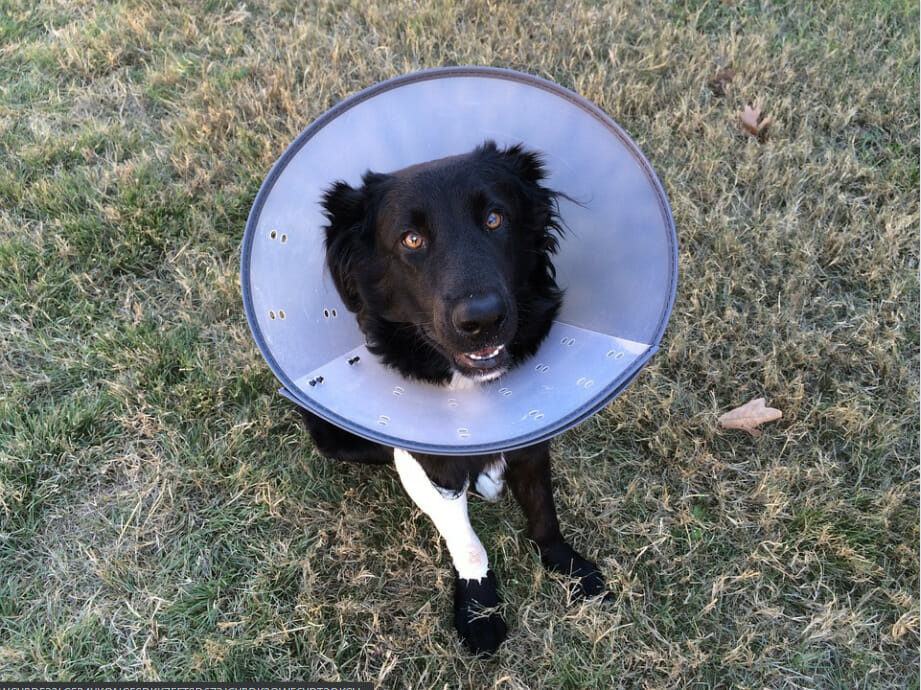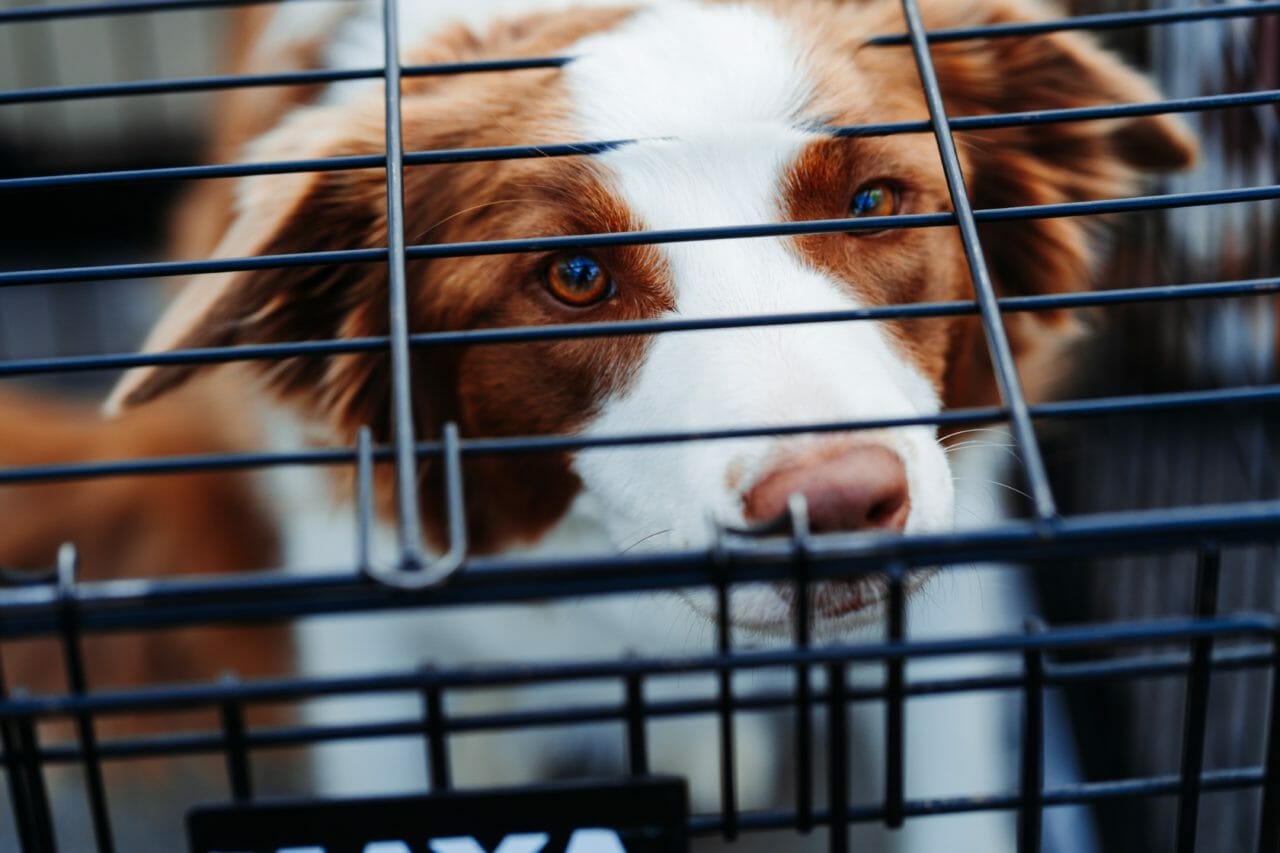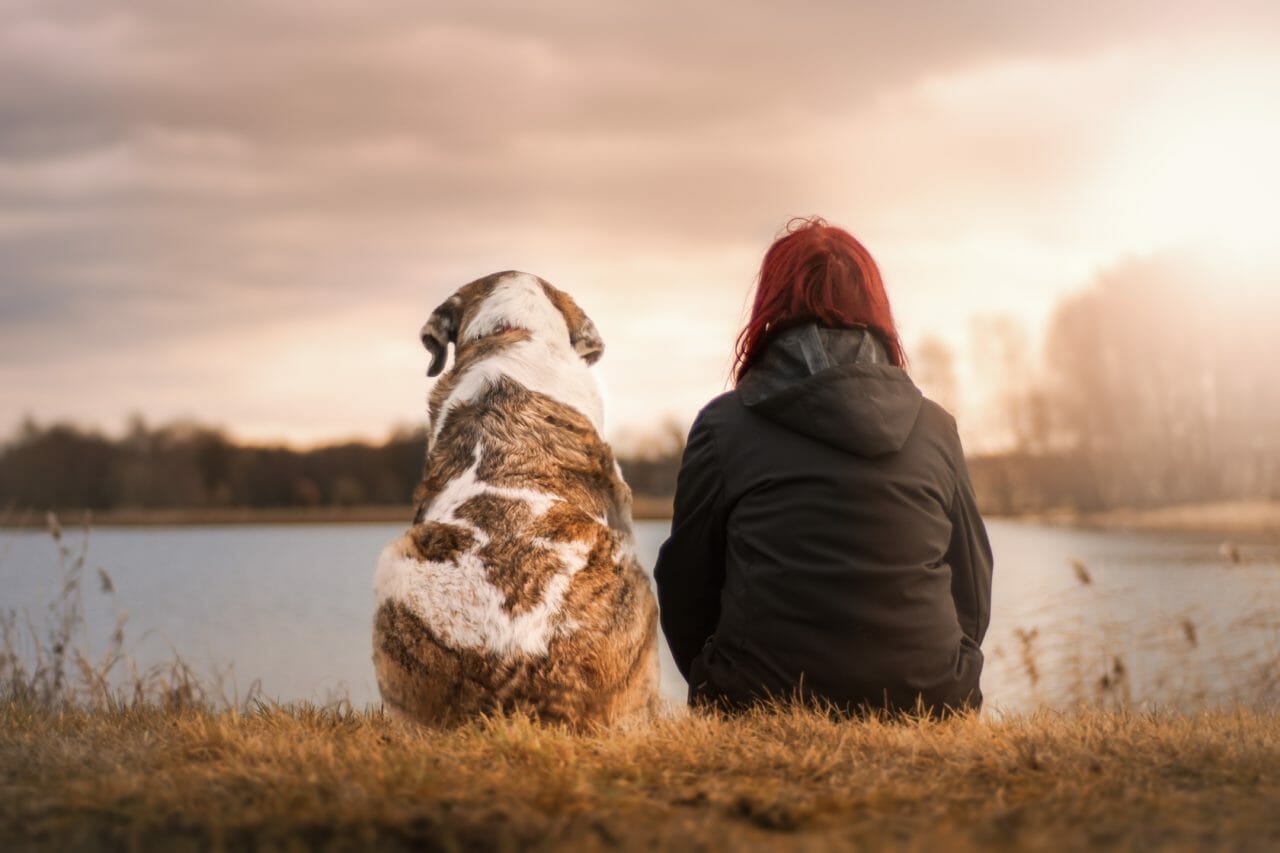While common, neutering can be a big decision for a pet owner
If you’re considering neutering your dog, you’re not alone. Neutering is one of the most common surgeries performed on dogs.
It’s a safe and effective way to prevent certain health problems and can help control pet population growth. But, like any surgery, risks are involved, and your dog will need time to recover.
In this article, RehabPet.com answers some of your most common questions about neutering their dogs, including will your dog be in pain for very long after being neutered.
Let’s dive in and find the answer to that and many more.
What Is Neutering?
Neutering is the surgical removal of a male dog’s testicles. The procedure is also called castration or orchiectomy. It’s a fairly simple surgery that sees most dogs go home the same day as their surgery.
In the United States, approximately 3.3 million pets go to animal sheds annually! The easiest method for limiting the number of stray dogs in your community is to have your dog neutered.
What Are the Benefits of Neutering?
There are many benefits to neutering your dog. For one, it can help reduce pet overpopulation. There are already too many animals in shelters and not enough homes for them all.
Neutering your dog can also help prevent certain health problems, including:
- Testicular cancer
- Prostate issues
- Hernias
And it can also help with behavioral problems, such as:
- Aggression
- Roaming
- Mounting
Is Neutering Safe?
Yes, neutering is a very safe surgery. It’s one of the most common surgical procedures performed on dogs, and complications are rare.
While any surgery comes with some risks, most vets have completed many neuter and spay operations by the time they finish their training. Because it is such a popular procedure, they have plenty of practice and experience.
The most common complication after a neuter surgery is bleeding from the incision site. This usually happens because the dog licks or bites at the area. To prevent this, your vet will send you home with an e-collar (also called a cone) to keep your dog from reaching the incision.
What Can I Expect During the Neutering Surgery Process?
The actual neutering surgery is fairly quick and straightforward.
First, your dog will be given a general anesthetic so they’ll be asleep during the procedure.
Once they’re asleep, the veterinarian will make two small incisions in each of your dog’s testicles. The spermatic cord, which contains the blood vessels and nerves that go to each testicle, will be clipped and removed.
Finally, the incisions will be closed with stitches or surgical glue, and a sterile bandage will be placed over them.
The whole procedure usually takes less than 30 minutes.
Post-Surgery Care and Recovery for Your Dog
Your dog will likely go home the same day as their surgery. They’ll be a little groggy from the anesthesia but should start to feel better within a few hours.
You’ll need to keep an eye on them and ensure they rest and don’t overdo it for the first few days. They may be a little sore, so helping them recover as fast as possible is your goal.
The number one piece of advice is to listen to your vet. They will give you specific instructions on how to care for your dog during its recovery. The most common and effective ways to help your pup feel relaxed and calm during the recovery period include:
Provide a calm and quiet environment
When they get home, ensure they have a quiet place to sleep off the rest of the anesthetic. This will help them feel more relaxed and comfortable since they can be scared or anxious once it wears off.
Give them lots of love and attention
Dogs are social creatures and will feel better when they have company. Spend time with them, pet them, and give them lots of love. This will help them feel more comfortable and loved during their recovery period.
Make sure they don’t overdo it
They may want to play and run around, but, just like with people, it’s important they take it easy for the first few days. Too much activity can cause them to be sore and even open up their incisions.
Keep an eye on their incisions
You’ll need to check them daily to ensure they’re healing properly. Look for any redness, swelling, or discharge. If you see anything unusual, call your vet right away.
Use an e-collar
As mentioned above, an e-collar is a big, cone-shaped piece of plastic that goes around your dog’s neck. It’s used to keep them from licking or biting at their incisions. While they may not like it, it’s important they wear it as directed by your vet.
How Long Will My Dog Be in Pain After Neutering?
The good news is that the pain from neutering is usually short-lived. Dogs typically start feeling better within a day or two after the surgery.
However, every dog is different; some may experience more pain than others. Talk to your veterinarian if you’re concerned about your dog’s pain level. They can prescribe pain medication if you feel like it may be necessary.
Do not give your dog human pain medication as it isn’t made for their system and could be very dangerous.
Closing Thoughts
Neutering your dog is a big decision but it’s a procedure that comes with many benefits. Although not without risks, this straightforward surgery is usually safe and has a quick recovery period.
Your dog may be in pain for the first day or two after the surgery but will likely return to its normal self within a week.
Be sure to follow your vet’s instructions on how to care for your pup during its recovery period. This will help them heal quickly and reduce any discomfort they may be feeling.
Once back to full health, your pup will still be the same fun-loving dog you’ve always known, with a little less interest in reproducing.



